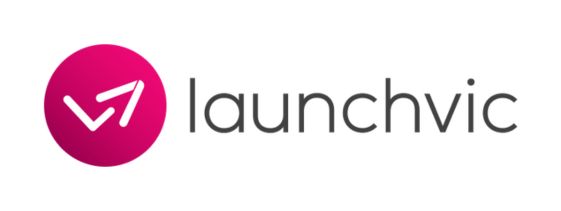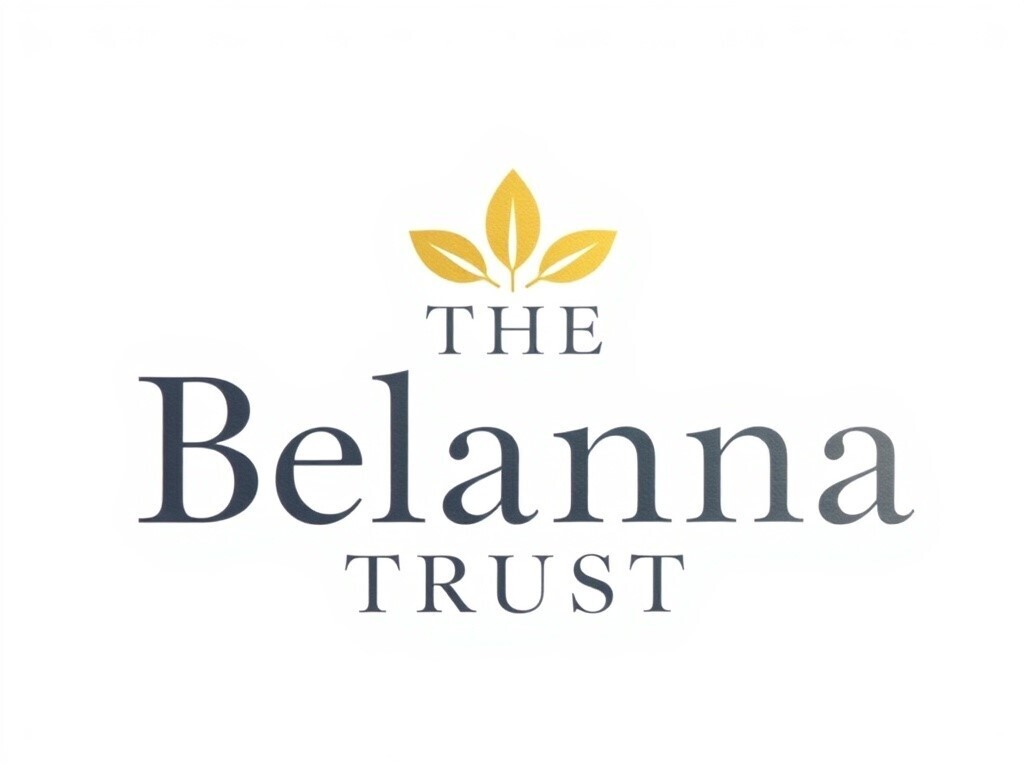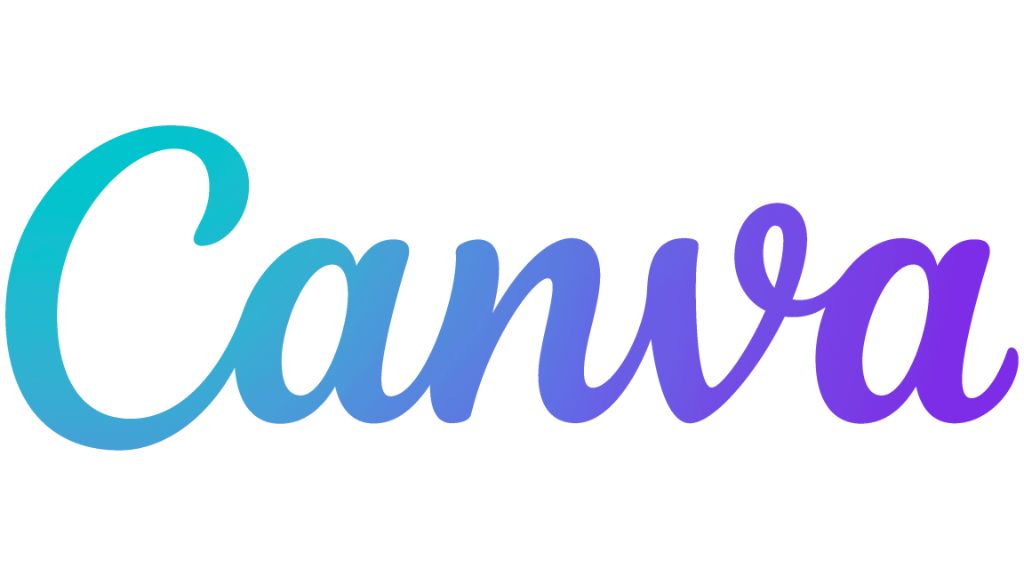Episode Transcript
To access a transcript of this episode click on the drop-down button below.
**[0:00 – 0:16] Viv**
Hey guys, we’re back for Season two, Episode two, Part two. In Part one we spoke with Jennison Asuncion and we kicked things off by celebrating Global Accessibility Awareness Day with Jennison, who is a founder. But there is so much more to this amazing human than just the one day. And today we’re going to dive into all the things he’s achieved, being head of accessibility at LinkedIn. So Jennison, can you tell us exactly how you ended up there?
**[00:25] Jennison**
So I was born and raised in Montreal, and my first degree is actually in the Bachelor of Arts and Political Science. So if you would’ve told the holder of a Bachelor’s in Political Science that I would one day end up in Silicon Valley as head of Accessibility, Engineering, Evangelism at LinkedIn, I would’ve said, ‘What are you drinking? Because I want a glass of it’.I only decided to move into accessibility after spending a rewarding time in a quote unquote mainstream world. And I think honestly part of that was just to prove to myself that I could do some other stuff that I wouldn’t necessarily just be molded as someone working in accessibility, because I was completely blind.So I was a project manager, I was an e-learning developer. But then when I decided to quit being a project manager I had some amazing conversations with really good friends of mine who encouraged me to really think about accessibility. They knew that I was passionate about it, and they said, ‘Why not? Why not try it?’ And so I did. I decided, you know what? I have nothing else to prove. They always talk about you should always do your calling or what you’re passionate about, and just by pure luck, my resume made it to the desk of the manager of the IT accessibility team at the Royal Bank of Canada in Toronto, where I was already living. So I’d moved to Toronto after finishing grad school, but it made it to his desk. And what was supposed to be a half hour interview was about three hours. After which time he offered me a job on his team. And that’s essentially where I cut my teeth and learned everything about accessibility.I learned to talk developers speak. I learned to talk UX speak because I ended up working with designers and engineers and project managers. And that was my school of accessibility because they don’t teach, they don’t teach you how to work in this career. But I spent I think it was almost six and a half years in that role before I was recruited to LinkedIn.
**[02:23] Viv**
And what is it like in terms of the speed of transformation and change in a organization as big as LinkedIn when it comes to accessibility?
**[02:29] Jennison**
Yeah, it was a huge change going from a bank where everything, and I hear it’s the same way today, coming to a place like LinkedIn and just coming to Silicon Valley in general.And what do they say? There’s a phrase that we use in Silicon Valley, ‘you fail fast quickly’,Accessibility it then it just becomes so much more important that accessibility becomes something intentional that you do, otherwise as you’re running the race, you’re gonna forget. That was a huge transition for me.But then you get into the rhythm of it, and certainly on my part, I just have the great fortune. Of being able to work at a company whose mission is all about helping people find and build their careers. And as we all know, the unemployment rate and the unemployment rate of people with disabilities is depressingly high everywhere.And so to be able to work at a company and to [00:04:00] work on accessibility with engineers and designers who care, is a dream job for me. Which is why I will always say this, even on the day that I eventually do move on to something else, this is why I’ve been at LinkedIn for as long as I have, it’ll be 10 years in November.
**[04:18] Viv**
Goodness gracious. 10 years, that’s long service leave, right?
**[04:23] Jennison**
Yeah. And in Silicon Valley most people move every two and a half, three years. It’s absolutely a dream job.
**[04:31] Viv**
I want to know how accessible is a role heading Accessibility? Are you confronted daily with barriers?
**[04:40] Jennison**
Those of us who work in accessibility end up using the same tools as our counterparts who are engineers, who are project managers, and we end up having to use the same tools. So to the degree to which those tools are accessible or not, we’re gonna encounter challenges. So it really just depends on the tools of the trade that we’re using. I fortunately, the tools that I use are largely accessible, but similar to LinkedIn, many of these tools are on the same journey, we always talk about accessibility as being a journey. There’s never an end point. Do I encounter tools sometimes that I have difficulty using? Absolutely. But it’s not just because I’m working in accessibility. If I wasn’t working in accessibility, I would still have to use these tools if I was working in tech.
**[05:37] Viv**
And I remember you said this great line once about people that come into the world of accessibility without that lived experience and without consulting people with lived experience and creating products and technology that just really wasn’t wanted or needed. Have you seen that happen a lot throughout your life growing up? And then being…
**[06:01] Jennison**
I’ve, yeah. I’ve heard about different wearables, clothing and things. And I’m doing this carefully because I know this podcast is gonna go all over the place. Because I know that the people who developed these things, they had good intentions.
So everyone’s well intentioned, but I certainly would not wear a piece of clothing that whose shoulders would vibrate if I came close to an object. I think that would be too jarring for me. I’ve also heard about things where they will try and simulate colour by vibrating something on your tongue. Fascinating to some, but again, as a person who’s blind, like it’s one thing as it is… I’m a cane user, so to hold a white cane. I’m already standing out that way. But if I’m gonna be hooking myself up to gadgets and different things, A) I want them to be a little more discreet, and B) I want them to be useful to me, and I also want them to be affordable. A lot of the technology up until recently has been so expensive, so they’ve been out of the reach of most of us with disabilities. But you really need to consult people with disabilities to make sure that this is something that they’re actually going to wear or hold or use. And if nothing else, you can at least get some feedback on how to make that fantastic piece of technology, something that people would be more comfortable adopting and using.
**[07:43] Viv**
Beautifully positive and diplomatic. I think it’s wonderful. But the point is so strong and I think it’s that big with peice and not for. And if you were gonna leave people who are enjoying this episode with one thought or piece of advice, which we would like to call a ‘Remarkable Insight’, what would you like to leave them with?
**[08:07] Jennison**
We if honestly people are always asking like, ‘ what needs to happen for accessibility to turn the corner so that accessibility becomes what everyone’s thinking about?’. So outside of teaching accessibility in school and all those things, you and I have talked about throughout this podcast, we need more people with disabilities or impairments in technology roles. We need more engineers with disabilities, we need more designers with disabilities. We need more product and project managers with disabilities. And I’m not talking about people working on accessibility teams. I’m talking about needing to have these folks with disabilities in tech. So that they’re in the rooms where these new technologies are being thought of. Because the accessibility team is not gonna be invited to those rooms. Maybe in really progressive companies, but in most places where these ideas are coming up, that’s where we need people with disabilities because without that lived experience in those rooms and without people with the lived experience to bring that credibility to the conversations early on, that’s what’s gonna change things. And then eventually as folks grow, then we will have people with disabilities who have leadership positions in tech. We need to encourage kids with disabilities to consider careers in stem, and we need to make it possible for them to be successful going through school and getting these jobs these tech jobs. So I don’t know if that was insightful. I hope it wasn’t too preachy, but that’s how I think we’re really gonna make a change.
**[09:55] Viv**
Thank you to our guest, and hopefully you found your own Remarkable moment. Make sure you subscribe to the podcast and follow our Instagram @remarkable\_tech for unheard moments from this episode. Talk with you all on the next one.
Episode Overview
Meet our Guest
Video Highlights
Check out some of the highlights of this episode of the Remarkable Insights podcast, now featured in our captioned video reel!
Key Quotes
Below are some of the key quotes that capture the essence of our discussion:













